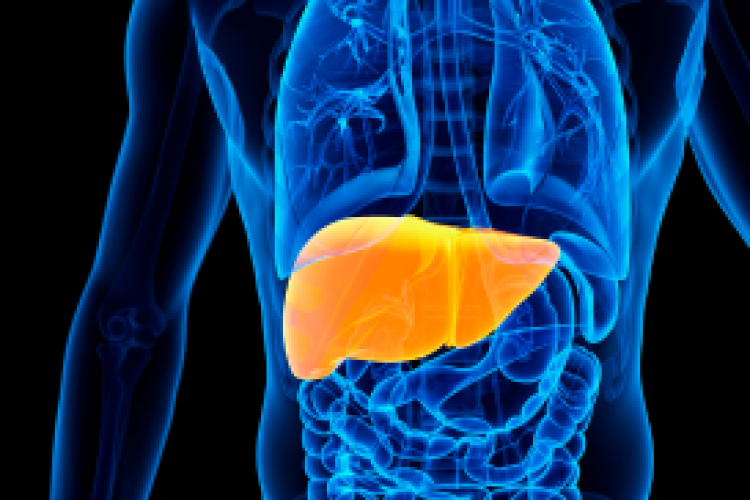
Flu (influenza) is a contagious respiratory illness that causes symptoms such as fever, cough, sore throat and body aches. During the 2023-2024 influenza season, the Centers for Disease Control and Prevention (CDC) estimates that influenza was associated with 40 million illnesses, 18 million medical visits, 470,000 hospitalizations, and 28,000 deaths in the United States. Every year, approximately 2,000 New Yorkers die of seasonal flu and pneumonia, which can develop as a complication of the flu.
“Flu season is upon us, and preparing for it this year is important for you and those you love,” says Dr. Azfar Chak, Chief of Infectious Diseases at Montefiore Nyack Hospital.
Q: Why is it so important for everyone to be prepared for the flu season?
A: Flu season always puts a tremendous burden on the health system. In some years we have up to 50,000-60,000 deaths in the United States due to the flu, so we want to do everything possible to prevent those deaths. The best way to do that is to get the flu vaccine.
Q: Who is especially vulnerable to complications from the flu?
A: The short answer to that is everyone. Flu has caused outbreaks in almost every population. However, certain populations are slightly more vulnerable compared to others, such as people in the medical field, people who are over the age of 50, people who have underlying lung issues, and sometimes infants who are at a slightly higher risk.
Q: Why do we need to get a flu vaccination every year without exception?
A: Because a person’s immune protection from the vaccine declines over time, you need a flu shot annually for the best protection. Also, flu viruses are constantly changing, so the vaccine is updated annually to protect against the viruses that scientists think will be the most common during the upcoming flu season. The CDC recommends that everyone 6 months and older get vaccinated every year.
Q: What’s the importance of hand washing during flu season?
A: Hand washing prevents you from transferring germs—including the flu virus—from your hands to your eyes, nose and mouth. If someone coughs into their hand and then touches a surface and you walk by and touch the same surface and then touch your eyes, nose or mouth, the virus can transfer to you. Hand sanitizing with an alcohol-based sanitizer is equally as useful in preventing germs from getting into your eyes, nose or mouth.
Q: What about the pneumonia vaccine—who needs it?
A: Recently, the CDC recommended some changes to the administration protocol of the pneumonia vaccine. Prevnar 20 is recommended for people over 50, and one dose should be adequate. If a person has been vaccinated with the pneumococcal vaccine previously, it would be best to check with your primary caregiver, if one had received the Prevnar 23 or 13 vaccine. It is recommended to receive Prevnar 20 since this will typically enable lifelong immunity.
We encourage everyone to contact their primary care physician or other health care provider and ask if they should get the pneumonia vaccine.



 Upcoming Events
Upcoming Events



